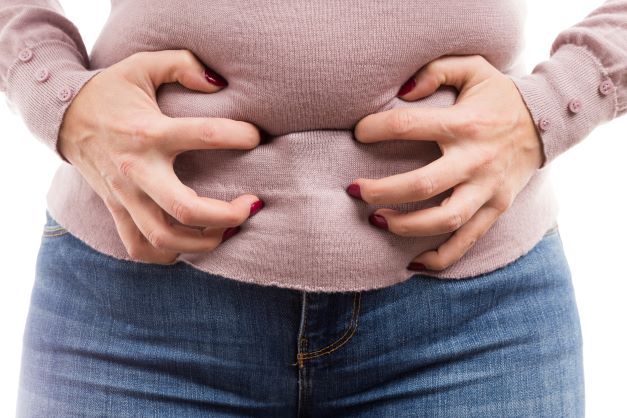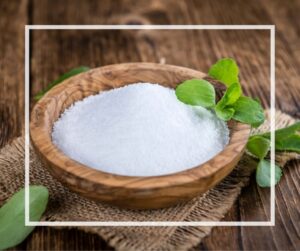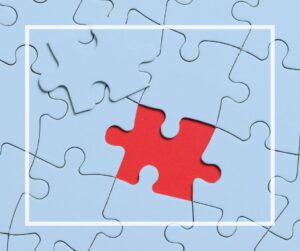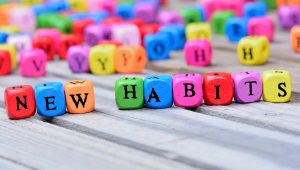The liver is one of the most important organs in our body, performing over 500 functions. Unfortunately, our liver isn’t given much attention until problems arise. One common issue … often missed … is Non-Alcoholic Fatty Liver Disease (NAFLD), which can develop into a more severe condition known as non-alcoholic steatohepatitis (NASH). This happens when too much fat builds up and causes inflammation. If not treated, it can cause serious harm and even become life-threatening.
It’s important to understand the risk factors, symptoms, and ways to manage this condition … including how to reverse liver damage.
Dr. Gala’s Quick Take
Yes, Non-Alcoholic Fatty Liver Disease (NAFLD) is linked to risk factors like obesity, diabetes, and high cholesterol. Symptoms can include fatigue and pain, while prevention focuses on a healthy diet, regular exercise, and weight management.
How The Liver Works

As I mentioned above, the liver is an extraordinary organ that carries out over 500 vital functions. Suffice to say, the liver is an important organ in your body. It helps clean your blood and remove harmful substances. The liver also processes nutrients from the food you eat.
It gets blood from two primary sources. The hepatic artery brings oxygen-rich blood, and the portal vein brings nutrient-rich blood.
These two blood sources work together to keep the liver healthy. The liver uses oxygen to do its job correctly. It takes the nutrients from your food and turns them into energy or stores them. Harmful substances are filtered out so they don’t hurt your body. This makes this hepatic organ essential for staying healthy.
Key functions:
Fat metabolism: Processes dietary fats, producing energy and generating bile for efficient digestion and absorption in the small intestine.
Carbohydrate regulation: Maintains blood glucose balance by storing excess sugar as glycogen and releasing it when blood sugar levels drop.
Protein processing: Transforms amino acids from the diet into energy, carbohydrates, or fats and converts toxic ammonia into urea for safe excretion.
This organ is also vital for regulating your blood pressure. When it gets damaged, it can cause serious problems in your body.
Signs of Liver Damage

Liver damage is often silent, especially in the early stages, so awareness of the signs is crucial. Detecting the problems early can often prevent more severe damage, including the progression to non-alcoholic steatohepatitis. Let’s look at the symptoms and early warning signs that may indicate issues:
Early Symptoms:
Persistent fatigue or extreme tiredness: Feeling tired can always signify something more serious. If you’re always tired and rest doesn’t help, it could be a problem. This kind of tiredness lasts for an extended period of time. A few moments of rest isn’t sufficient. It’s important to talk to a doctor if you are experiencing chronic fatigue.
Loss of appetite: Reduced interest in food or feeling full quickly.
Unexplained weight loss: Dropping pounds without intentional dieting or increased exercise.
Mild pain in the upper right abdomen: A dull ache or feeling of fullness in the area beneath the rib cage.
Progressive Symptoms:

Jaundice: Yellowing of the skin and eyes indicates that there is too much bilirubin in the body.
Spider-like blood vessels on the skin: Small, spider-shaped clusters of blood vessels visible on the skin.
Dark urine and pale stools: Changes in waste elimination due to impaired organ function.
Easy bruising and bleeding: If you bruise or bleed easily, it could be a problem with clotting. Your body might not make enough clotting factors. This can cause you to bleed more than usual. It’s important to get checked by a doctor if this is an issue.
Critical Warning Signs:
Confusion or personality changes: Changes in mental state due to too many toxins in the blood.
Severe abdominal swelling: Fluid retention in the abdominal cavity, known as ascites.
Vomiting blood: A sign of internal bleeding, often from enlarged veins in the esophagus.
Mental disorientation: Severe confusion or altered consciousness, potentially pointing to organ failure.
If you experience any of these symptoms, visiting a healthcare professional is important. Blood tests can help detect abnormalities in your liver function, including levels of liver enzymes. It’s also important to monitor blood pressure. Early detection can prevent further damage, including accumulating scar tissue that may result in organ failure.
Non-Alcoholic Fatty Liver Disease (NAFLD)

NAFLD happens when too much fat builds up. This is not caused by drinking alcohol. It can happen to people of any age. However, it is more common in people who are overweight … and even more common with obesity. NAFLD is linked to other health conditions like type 2 diabetes and high blood pressure. It is also connected to high blood sugar levels. Many people with NAFLD have a condition called metabolic syndrome, which accelerates the risk of heart disease and diabetes.
Risk Factors for NAFLD
Obesity and weight gain, especially abdominal fat.
High blood sugar and insulin resistance.
Genetic variations that predispose some people to develop NAFLD.
High blood pressure and cholesterol levels.
Dietary factors (sugary foods and high fat intake) can impact your health.
In women, NAFLD may progress more rapidly, particularly after menopause. The lack of estrogen may increase fat accumulation and make the liver more vulnerable to damage. If not addressed, the fat buildup in the liver can lead to conditions like lobular inflammation and advanced fibrosis.
Natural Treatments to Support Liver Detoxification
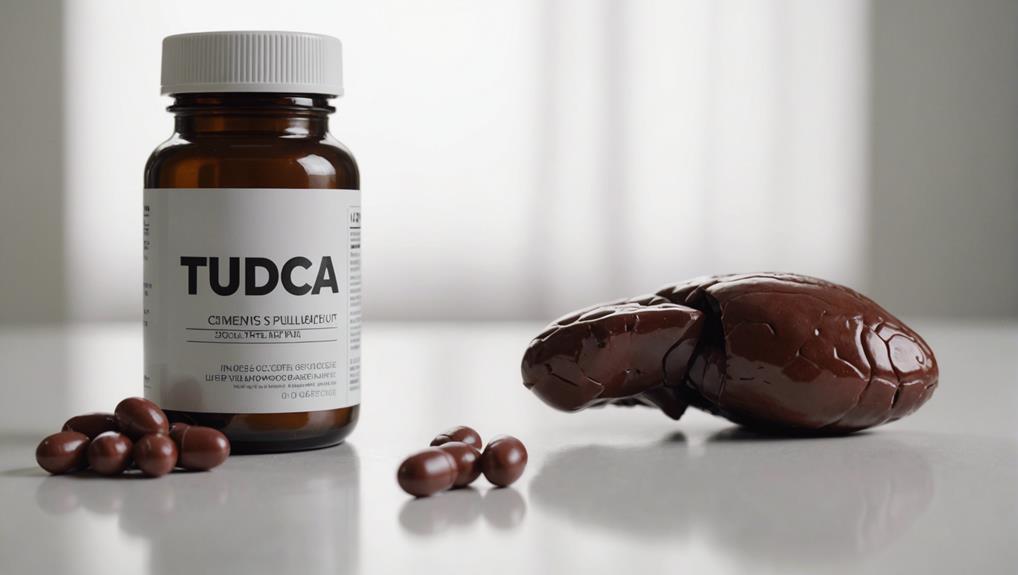
Supporting the liver’s natural detoxification process is essential for maintaining overall health. A gentle, evidence-based approach to detoxification can be beneficial. Let’s take a look at what research suggests.
Diet Fundamentals for Detox:
Whole grains and leafy greens: Provide essential nutrients and fiber to support the liver.
Fruits: Berries, grapes, and citrus are full of antioxidants. Antioxidants help reduce stress in your body. They also lower inflammation. Eating these fruits can help keep you healthy.
Salmon and sardines: Have high levels of omega-3 fatty acids and lower inflammation.
Cruciferous vegetables: Broccoli, brussels sprouts, and cauliflower are good for you. They help your body make enzymes that support detoxification and help to remove toxins. Eating these vegetables can support your body’s detox process.
Supplements and Beneficial Herbs for Detoxification:
- TUDCA (Tauroursodeoxycholic Acid) aids in detoxification and helps protect liver cells from stress and toxicity.
- Milk thistle (which contains silymarin) supports regeneration.
- Turmeric has anti-inflammatory properties and helps reduce damage.
- Dandelion root has been shown to support detoxification.
Hydration and Beverages:
- Drinking plenty of high-quality water supports overall hydration.
- Green tea contains antioxidants and helps support liver health.
- When consumed in moderation, coffee can help reduce inflammation and improve liver enzyme levels.

Dietary Practices:
- Choose organic produce to avoid pesticides and harmful chemicals.
- Include fiber-rich foods into your diet to help with digestion and toxin removal.
- Limit processed foods, excessive fats, and refined sugars, which can contribute to fatty liver disease.
A balanced diet keeps your body healthy. Avoiding toxins is important for your body’s natural detox process. This helps your body work properly. It can also prevent sickness and disease.
Taking Care of Your Liver Daily
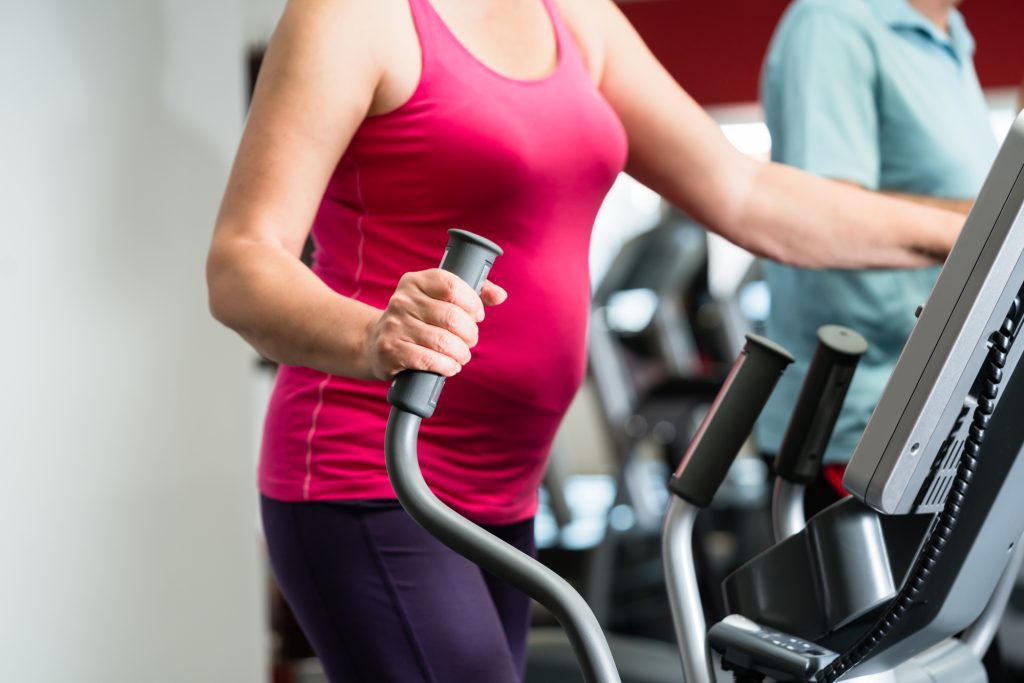
Maintaining a healthy liver requires consistent effort. There are daily habits and lifestyle changes you can make to improve function and prevent damage.
Fasting: Alternating fasting has gained popularity as a method to improve metabolism and support weight loss. It can also help reduce fat levels. However, ensuring proper hydration and nutrient intake during eating windows is essential.
Reduce Toxicity: Avoid unnecessary exposure to toxins, such as alcohol or harmful chemicals. Heavy alcohol intake can severely damage the liver and increase the risk of diseases and cancer.
Reboot with Exercise: Regular physical activity can help reduce body mass and improve cardiovascular risk factors. Exercise helps reduce blood pressure, blood sugar levels, and fatty liver disease. It’s best to get 30 minutes of moderate exercise most days.
Routine Blood Tests: Blood tests can check how healthy your liver is. They look at enzyme levels to find problems early. Regular tests are vital if you’re at risk for liver disease.
Final Thoughts: Empowering Liver Health in Midlife
NAFLD is common in women during midlife. It often happens during menopause. Hormonal changes at this time can affect the liver. These changes make it easier for fat to accumulate, which can lead to damage if not managed. Fluid buildup in the belly can indicate serious problems with this filtering organ.
You can protect your liver by making healthy choices. Eat a balanced diet with nutritious foods. Stay active with regular exercise. Avoid things that add toxins to your body. Taking care of your body’s natural detoxifier helps you stay healthy and strong during this stage of life.
“If you came into my office, I’d ask you a lot of questions that would help us connect the dots … so that together we can deal with your toxic stress.
Every situation is unique and you need a plan that works for you. Not a one-size-fits-all solution.
If you’re thinking you can’t come into my office, don’t worry. I’ve created a program with all of my initial recommendations to help you unravel the mystery. You can use it at home and at your convenience.
So if you’re thinking that managing chronic stress just isn’t possible … or even the answer … for you, I want to show you what you may be missing.
And how you can identify the toxic stressors that are creating your symptoms with my Human Energy System Reboot. You can get started HERE.” – Dr. Gala

